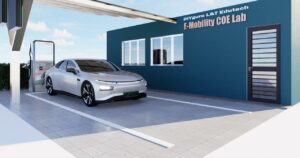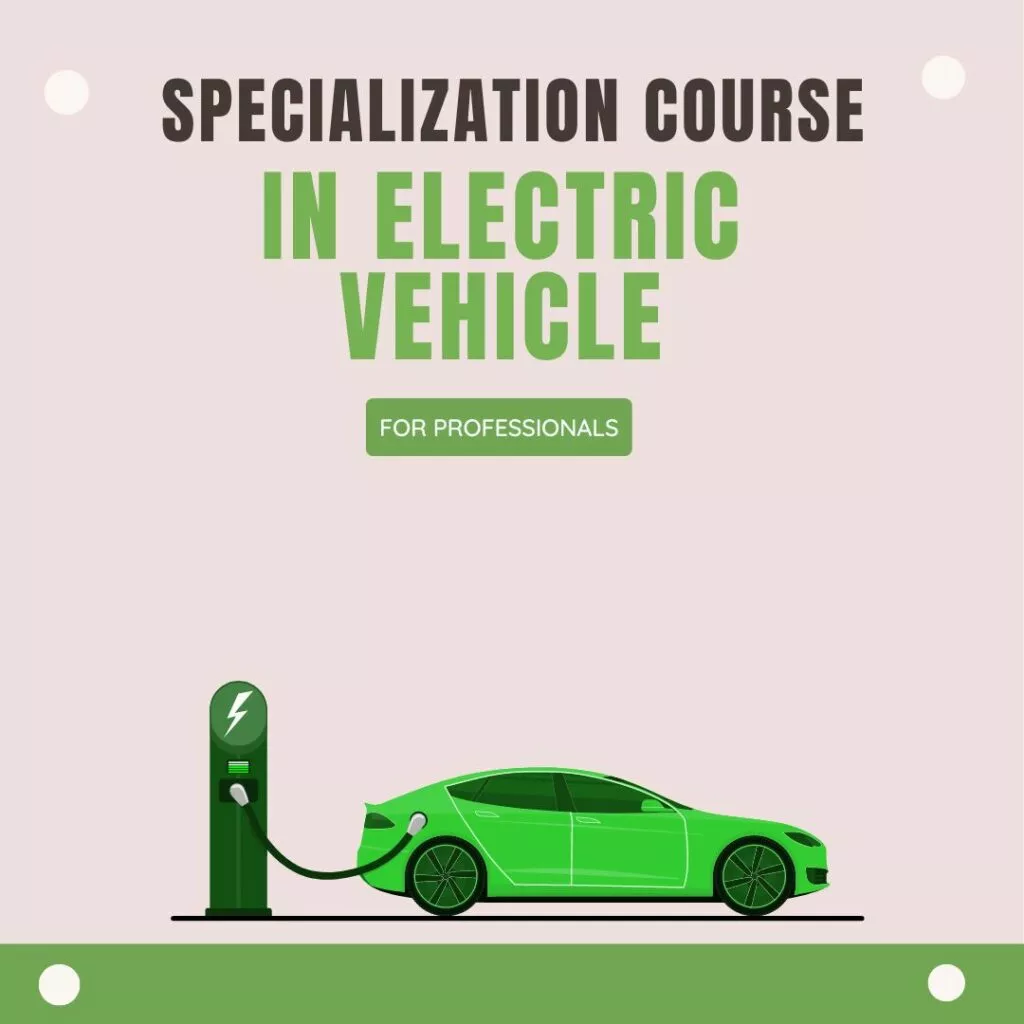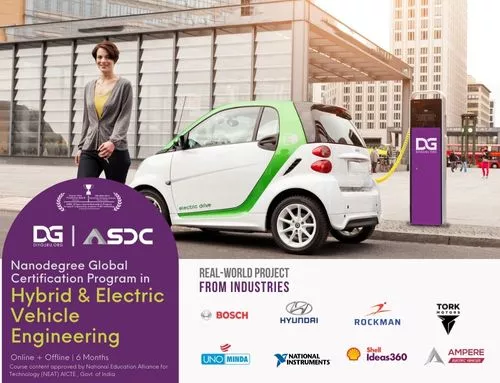Despite the push from the government, India has a lot of ground to cover before it can shift to electric cars. This transition could come to life with the heavy push from the Prime Minister Modi’s government and NITI Aayog (the government’s think-tank) which is trail-blazing its way to a cleaner and a zero-emission form of transportation.
For beginners, the The main centre is pushing towards the shifting of three wheelers, scooters and motorcycles to with engine capacities of less than 150cc to electric by the mid of 2023 and 2025 respectively.
And because of this statement of NITI Aayog, just days after Honda has stated that they have shifted their focus to transition Bharat Stage VI or BS6 emission norms, which comes into effect from April 1, 2020.
The two wheeler manufacturer has said, “the industry needs more time to stabilize after BS-VI changeover before we take the next step of moving from IC Engine technology, especially considering Indian customer requirement of higher daily commuting distance and price consciousness.”
Other than that, lets move our concern to the most popular transport mode, Four Wheelers.
The Nitin Gadkari led Ministry of Road, Transport and Highways recently announced to exempt all electric cars from paying road tax
Maruti Suzuki has confirmed that they will start the sale of electric vehicles from 2020 in the Nexa showrooms Dealerships and the lithium ion batteries as well will start building in the same year, that is, all the upcoming EVs of Maruti and Toyota will have ‘Made in India’ batteries and the joint venture of Maruti Suzuki, Toshiba and Denso Power plant in Gujarat has started working on this.
The first confirm car By Maruti Suzuki is Wagon R Electric by 2020 whose price can remain from 8-9 lakhs which can give a distance of 200 kms on full-charge. However, Maruti hasn’t revealed if the car will get a fast charging solution.
Around 50 prototypes have been manufactured and are being tested all over India and can be expected to be an affordable, efficient and a car for mass production.
Also, Hyundai Motor India Ltd is set to launch Kona Electric in India on 9 July.According to Hyundai, the Kona Electric will be ‘India’s first real electric SUV’. The Kona Electric is expected to be priced between Rs 25 lakh to Rs 30 lakh (ex-showroom) in India. The Kona will come to India with a 39.2 kWh lithium-ion battery that offers peak power of 134.13 bhp and 395 Nm. It will have a driving range of 312 km on a single charge. A 100 kW DC fast charger will charge the SUV up to 80% in just 54 minutes.
Many more are on the way and and soon India will become electric.
Knowledge Base
Table of Contents
How soon can we expect India to start the transition to electric vehicles?
DIYguru.ORG Tweet
JOIN US ON WHATSAPP TO RECEIVE DAILY UPDATES AND JOB NOTIFICATIONS
Table of Contents
JOIN US ON TELEGRAM TO RECEIVE DAILY UPDATES AND JOB NOTIFICATIONS
Over 1.2 Million+ learners impacted worldwide
Learners from 170+ countries have grown in their career through our programs
Get in touch to learn more about how you can make the best of your talent
Spend less time worrying about job availability, and more time growing your knowledge. Join DIYguru Program today.
If you’re a current student, please get in touch through the DIYguru dashboard to ask about more details of this Program.
Please note, eligibility for this course is reserved to students who have done related projects and have relevant profiles matching with the pre-requisite of this course.
The DIYguru team hold the right to cancel your admisssion into the program without any explanation via email if found unsuitable and unfit.
Our 7-day money-back guarantee starts from the moment of signup and runs through the free week. Cancellations between days 7 and 30 will get a prorated refund.
Fees for the program is charged only when the admission is approved.

























